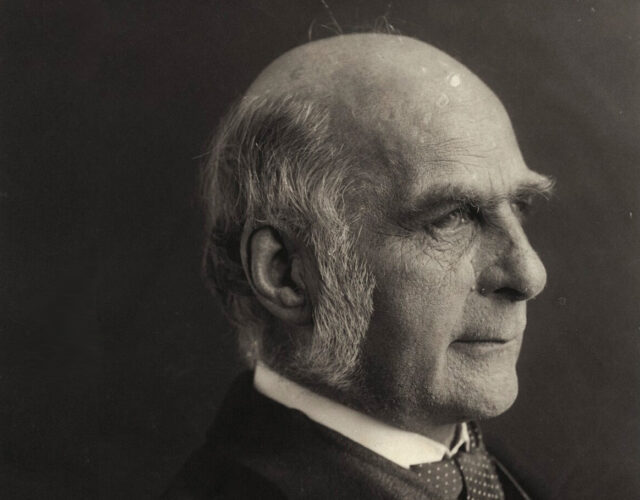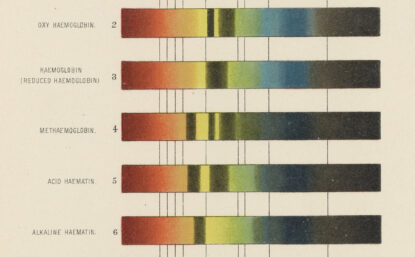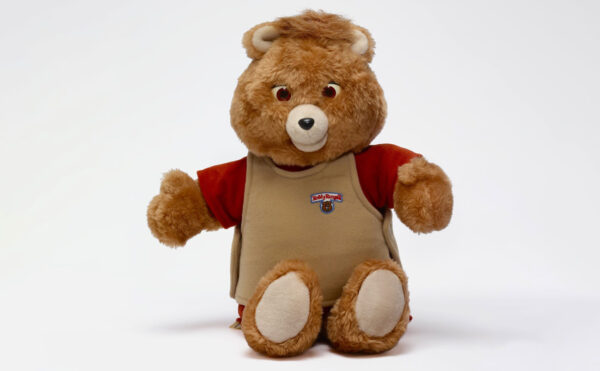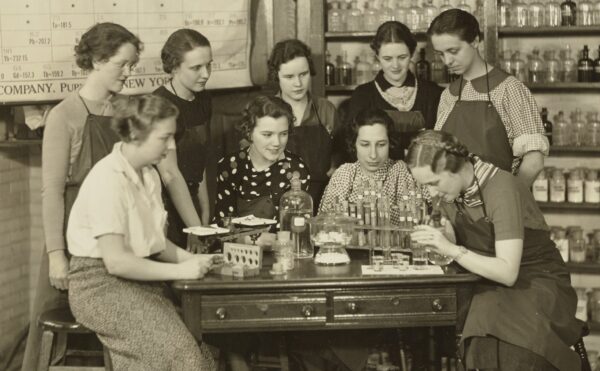Francis Galton, Eugenics, and Why We Need New Science Stories

Francis Galton is the most influential Victorian scientist most people have never heard of. If you have heard of him, you may know that in 1883 Galton coined the word eugenics to describe his vision for a society governed by scientific knowledge. In this talk, Subhadra Das, former curator of the Galton Collection at University College London (UCL), will describe the colonial and racist ideas that framed Galton’s work, and explain why, for her, the absence of Galton’s story is a story in itself.
This Lunchtime Lecture is supported by the National Endowment for the Humanities as part of the Institute’s Innate: How Science Invented the Myth of Race project.

About the Speaker
Subhadra Das is a writer, historian, broadcaster, comedian, and museum curator. Her main area of research is the history of science and medicine in the 19th and 20th centuries, specifically the history of eugenics and scientific racism. She uses museum objects to tell decolonial stories in engaging and affirming ways.
Cooper Owens’s Lunchtime Lecture is supported by the National Endowment for the Humanities as part of the Institute’s Innate: How Science Invented the Myth of Race project.
About the Series
Our virtual Lunchtime Lecture Series takes a rigorous and entertaining approach to exploring topics for scholars and anyone interested in stories about the history of science, technology, and medicine. The talks help expand perceptions of the nature of science and how it’s done.
More events
Stories of Science: Earth Month
Join us in our museum EVERY SATURDAY for a family-friendly program that highlights strange and surprising stories from the history of science!
First Friday: 80s Night
Get ready to travel back in time to the fabulous 1980s! Whether you rocked the Jazzercise leotard or spent hours trying to solve the Rubik’s Cube, we’ve got something for everyone.
Women in Chemistry Tour
Drop in for a tour highlighting the central role of women in shaping chemistry and the material sciences throughout history.



